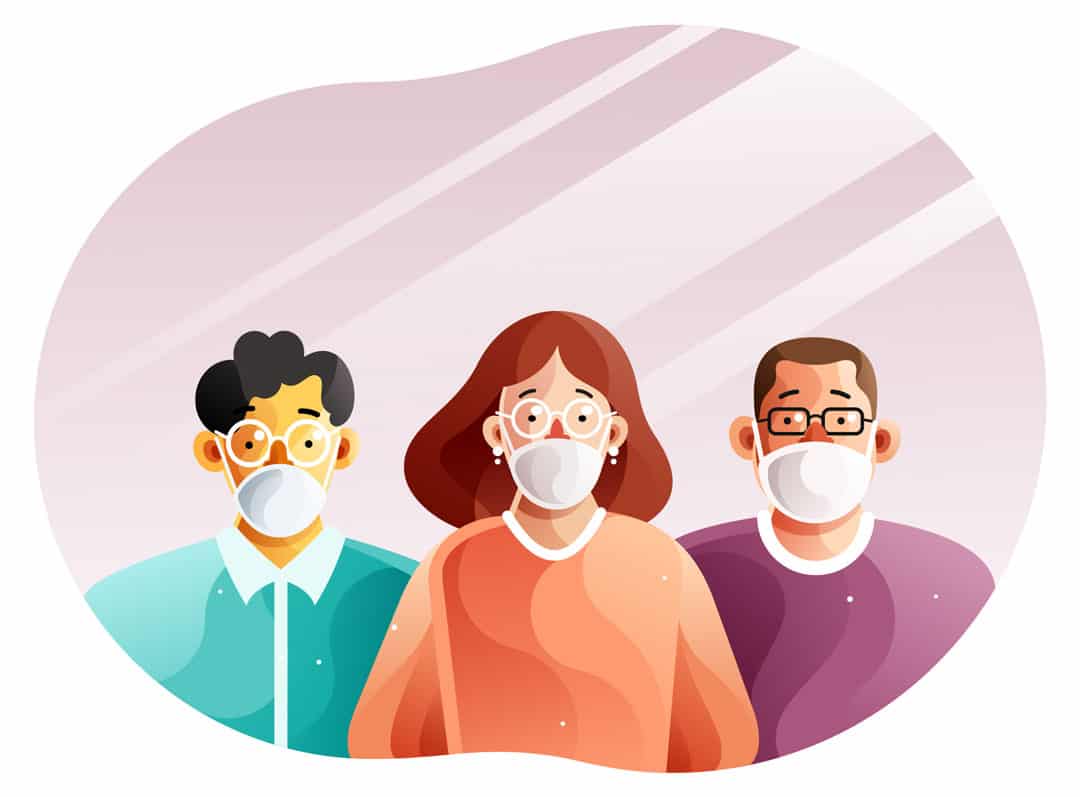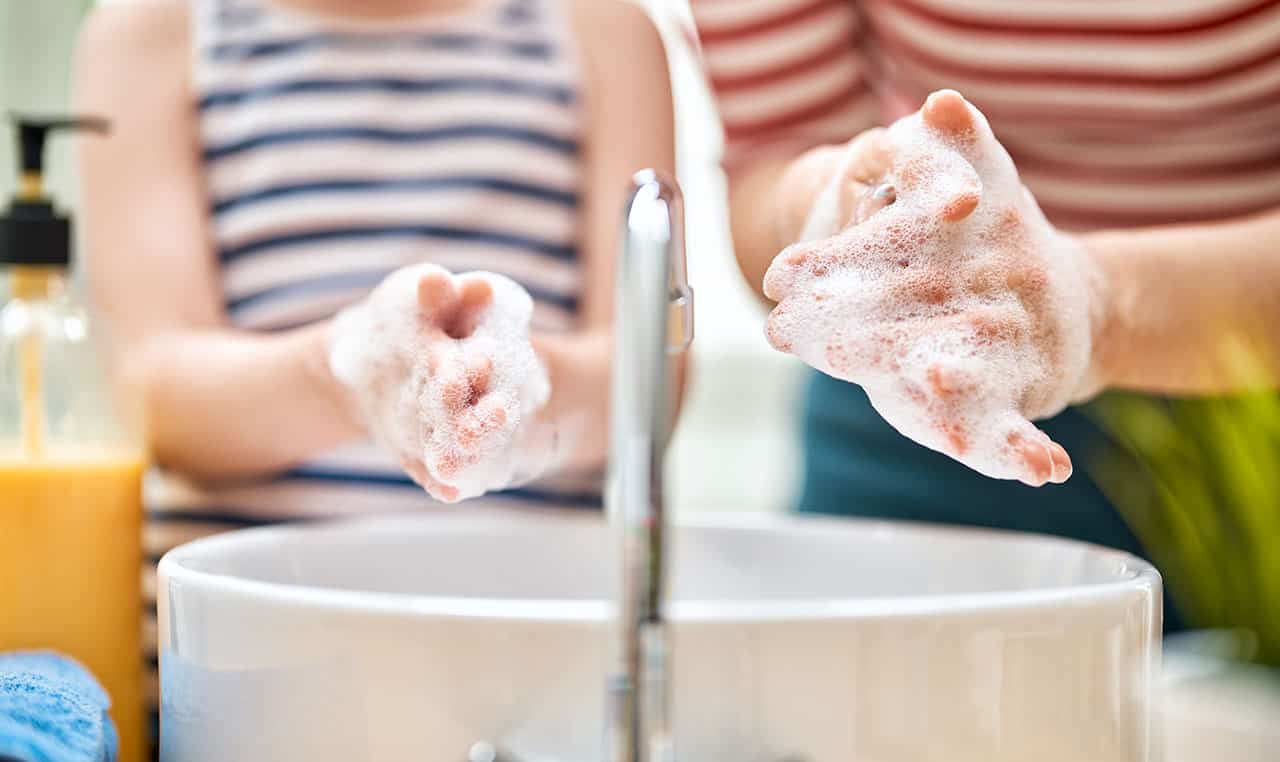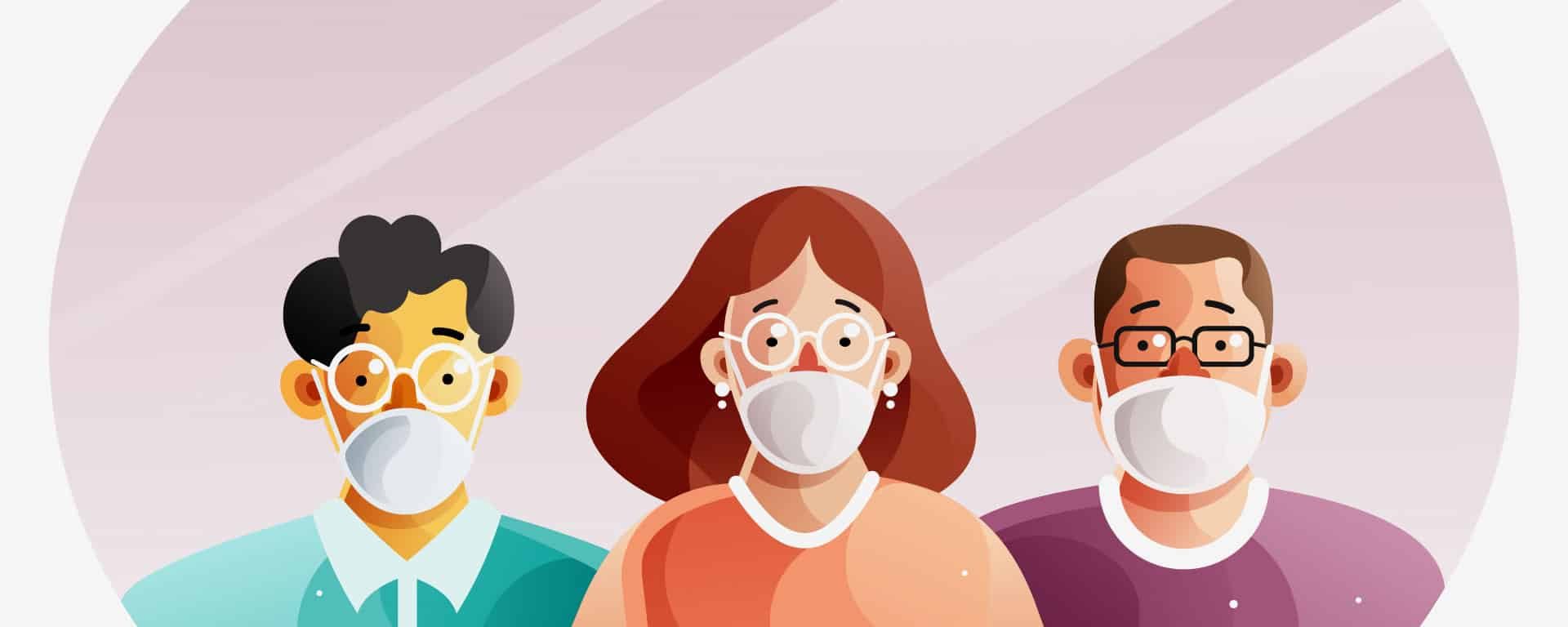COVID-19: An Explanation for Kids

The coronavirus has affected more than 169 countries, and claimed many lives. It’s difficult not to worry about the illness, known as COVID-19, especially when everyone is talking about it. But what we need to do now is to stay calm and follow a few rules and instructions. Here is some information you need to know to combat COVID-19.
Why do we need to stay home?
The government is telling us to stay put at home: no going to school, no events, no travelling. That is because they want to prevent the illness from spreading. Some people who carry the illness, don’t even know that it’s there!
The signs of COVID-19 might not show up until after a number of days, the World Health Organization (WHO) states that while it may take an average of 5 days for symptoms to show, the virus may have an incubation period of up to 14 days. There is a time between someone catching the virus and the first symptoms showing, and that is referred to as an ‘incubation period’. During that time, a person might be unknowingly spreading the virus, that is why we are told to stay home.
Is it deadly?
COVID-19 affects people differently. While young people get only mild symptoms, such as fever, cough and pneumonia; older people, or people who already have serious health problems, are more likely to become very ill. Their lungs might end up failing, and they would need help from machines to breathe. In some cases, especially if there are not enough machines or medical staff to care for them, these people may not survive.
To protect the people who are in greater danger, governments across the world announce plans such as closing schools or asking adults to work from home. If you have travelled recently or have some symptoms, such as fever and a cough that won’t go away, you should not spend time near other people, and should self-isolate. Your country’s health portal will explain what to do if you or someone you know might have the illness. Many people have recovered from this, but we should still take the issue seriously.
Protect yourself and others
A lot of people are working hard to protect us from COVID-19, as well as help the ill recover. Doctors and nurses are working round the clock, some don’t even get to go home because of the large number of people they need to treat. They also want to prevent spreading the disease to their loved ones. The police are working to make sure people don’t go outside without a good reason, or gather around and risk making more people sick. Shouldn’t we help them and protect the people around us too?
Here’s a few tips you can follow:
Wash your hands with soap and water for 20 seconds. It’s not just rubbing your palms with soap and bubbles! Check out guides on how to wash your hands properly.
Use hand sanitiser if you have it, especially if you touch things that might not be as clean as you think, such as your mobile phone or a doorknob.
Cough and sneeze into tissues and not your hands! Throw the tissues away and wash your hands after that.
Avoid touching your eyes, nose and mouth with unwashed hands. That’s how the disease can spread.
Avoid having contact with people who are unwell. Do not shake hands with people as a greeting. It may seem like you’re being rude at first, but it’s better to be safe and healthy.
Overall, COVID-19 is still spreading and cases might still increase, but if we keep clean, avoid public spaces and follow the rules, we will surely be able to overcome this. Let’s do our part in saving the world.
Questions
World Health Organization (WHO)
An incubation period is a time between a person catching a virus and the symptoms showing
To avoid spreading the disease.
The purpose of the rhetorical question is to make the readers think by emphasizing on a point.









